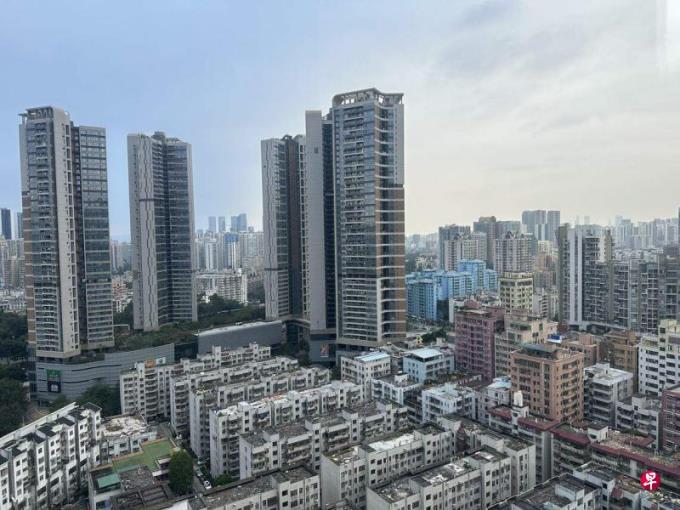
Shenzhen's relaxation of house purchase restrictions and increased consumers' interest in upgrading housing, but in an unclear economic environment, new policies have little effect on stimulating actual demand for house purchase. The transaction volume has slowed down in the second week of the policy introduction.
Interviewed experts believe that the uncertain economic environment is the main concern of buyers. Most buyers still have insufficient confidence in the market. They are worried that the future house prices will continue to fall and choose to wait and see.
In order to boost the property market, Shenzhen reduced residents to buy a second set of housing thresholds on November 23, and unified the loan's minimum down payment ratio from 70%to 80%to 40%, becoming the second house after Guangzhou to reduce the second home after the second home.First -tier cities with the down payment ratio.Industry insiders pointed out that this is one of the most important property market policies in China in recent years.
According to the data provided by the Shenzhen Real Estate Intermediary Company Zhongyuan Real Estate, in the first week of the new policy, the online viewing volume of second -hand housing increased by 186%month -on -month, and the transaction volume increased by 27%.
Zheng Shulun, president of South China, Chunghara Real Estate South China, and general manager of Shenzhen Central Plains, said in an interview: "It is stimulated by favorable policies, customers are willing to increase their willingness to buy houses, and houses and transactions have increased."
However, there are signs that the trading volume of second -hand housing in Shenzhen has begun to slow.According to statistics from the Shenzhen Real Estate Intermediary Association, 1091 units of second -hand housing in Shenzhen (December 4th to 10th) were recorded, a decrease of 2.2%month -on -month.
As the Chinese real estate industry has fallen into the downturn, Shenzhen's house prices have continued to decline in the past year.Data show that the prices of new commercial housing and second -hand houses in Shenzhen decreased by 3.1%and 2.5%compared with the same period last year.The price index of second -hand real estate in Shenzhen also decreased by 1.5%compared with the previous month.
Many interviewed housing brokers pointed out that relaxing the restrictions on house purchase did not actually stimulate the demand for buying houses, but increased the expectations of people's decline in house prices.
Huang Tao, general manager of Guangzhou Central Plains Real Estate Project, interviewed that the new policy only benefited buyers who accumulated certain funds in the market and released their purchasing power.He said that this group had a demand for house purchase, but in addition to them, most Shenzhen residents were unable to buy a second house.
He said: "The current economic environment has not changed in essence, the purchasing power of the buyer is still declining, and the new policy is only cured."
Zhang Xiaoduan, deputy dean of the Dede Liangxing Research Institute and director of the Research Department of South China and Huazhong District, pointed out that considering the different psychological expectations of the decline in real estate prices and new policies for the composition of buyers and sellers, the cautious attitude of the two parties slowed down the actual transaction rhythm.
Most buyers are still worried that house prices will continue to fall
Zhang Xiaoduan judged that consumers' expectations for housing prices depends to a large extent on the predictive judgment of the future commercial housing market and their expectations of income.She believes that the prerequisite for the real estate market to regain the adjustment of healthy and stable development is the growth of macroeconomic economic growth and the improvement of consumer confidence.
Zheng Shulun also agrees that the current market confidence is seriously insufficient, and it is said that most buyers are still watching and fearing that housing prices will continue to fall in the future.
However, Zheng Shulun also emphasized that even if the new policy does not play much on stimulating the demand for house purchase, this does not mean that the policy does not work, "because each policy will release some purchasing power."
He said: "Policy effects can be continuously superimposed, and from quantity to qualitative change to a certain extent. Shenzhen real estate is large, and the policy needs to be sufficiently intensity./P>



